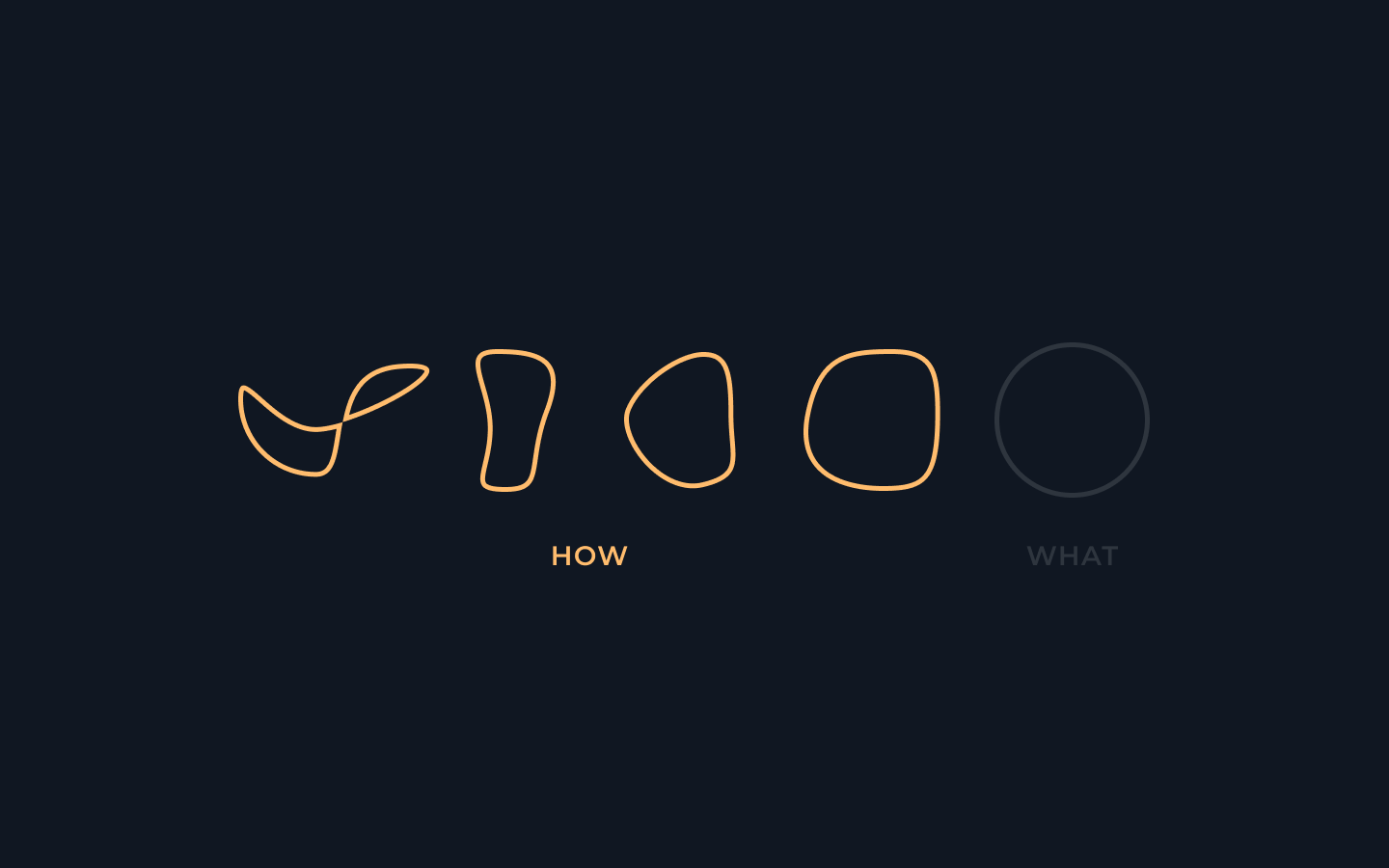The What vs. How Of Thought
The True Measure of Intelligence Isn’t What We Think
What we believe often determines how others perceive us. Similarly, what others believe about us often shapes our perception of them. The content of our thoughts can either bring us closer to others or push us away from them. Think political leanings such as Left, Right, Conservative, Liberal, pro or con topic X, etc.
Similarly, what we think often becomes the yardstick for assessing our abilities as employees. If you have the "correct" opinion, you're considered smart.
However, how we think is much more indicative of our intelligence than what we think. The process by which we arrive at our opinions is more revealing of the nature of our abilities than the opinions themselves. It's not about the opinions we hold, but about the quality of our thought process behind them.
“An educated mind can entertain a thought without accepting it."
Similarly, we may have much more in common morally, intellectually, and socially with someone who doesn't share our views but aligns with our internal process of analyzing information and forming conclusions (even if they differ from ours).
In a world where everyone's tweeting their two cents, the true test of brainpower isn't just thinking the 'right' thing. It's about having the guts to question the accepted norm around us, the skills to unpack complex information, and the grace to own up to slip-ups.
In business, it's not just about having the 'right' view. It's about nurturing a culture of critical thinking and intellectual courage. A manager’s primary interest shouldn’t lie in what someone thinks but in how they come to that conclusion.
What makes us smart isn't just what we're sure of, but our ability to think critically — no matter the end result.
Here are 3 other concepts you might benefit from:


